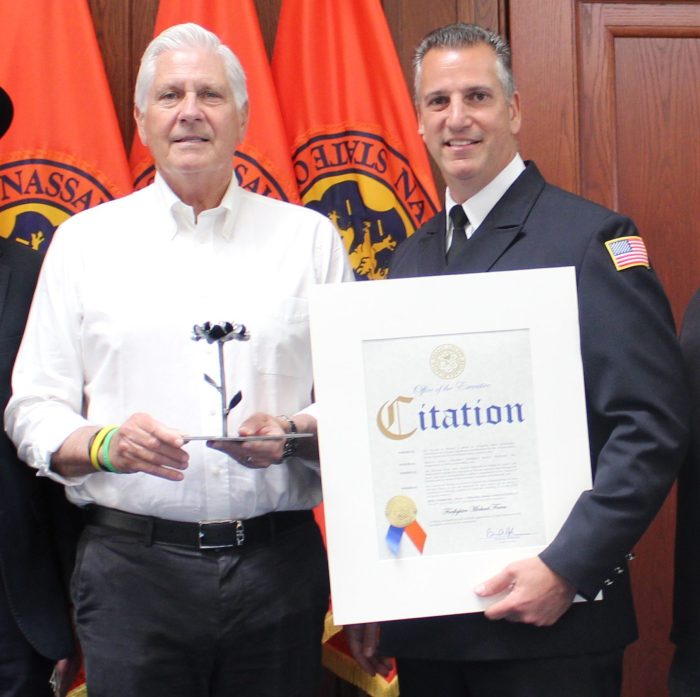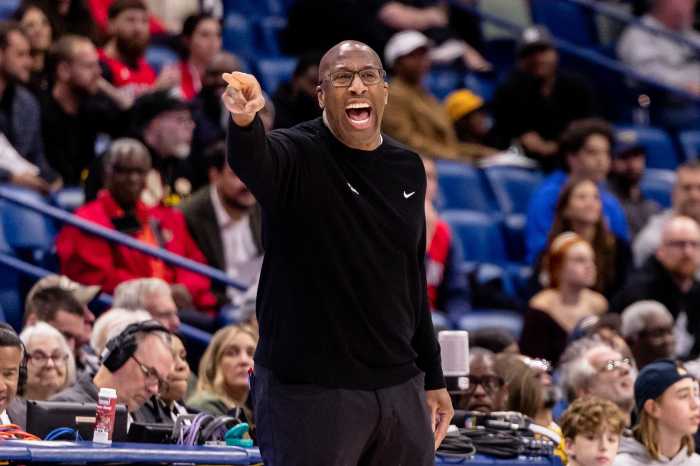Do Too Many Debates Spoil the Party?
There have been, as of this writing, 19 Republican presidential debates with several more scheduled. Enough is enough. Those who have not made up their mind are probably those who shouldn’t be voting. I’m referring to the too indecisive, ill informed and indifferent.
A presidential debate gives voters a chance to see what candidates think and candidates a chance to shape the way voters think. While it carries the risk that voters will pick the best debater and not the best candidate, this hazard can be minimized by fewer, not more, debates. Newt Gingrich had been outdebating Mitt Romney with good results until the former Massachusetts governor hired a new debate coach to polish up his forensic skills. Romney came roaring back partly because his debate performances have perked up.
There was a time when there were no presidential debates. In the first 170 years of our Republic there was not a single presidential debate. Debating and campaigning were often looked down upon as being undignified for a presidential candidate. In the year 1800, Thomas Jefferson and James Madison rode up the Hudson River on the pretense that they were on a botanical mission searching for butterflies (a plausible cover since among Jefferson’s myriad interests was entomology and especially Lepidopterology) when in reality they were meeting politically influential people in New York to form a tie between the rural South and the industrial North to create a national springboard for a Jeffersonian presidential run. Asking for votes was just not done in polite, political society.
A hundred years later not much changed when President William McKinley never left his front porch to campaign and gave just one campaign speech. It was a different world from today’s frenetic, preposterous political pace. It’s now a 24/7 news cycle and those who refuse to be swept up in its whirlwind are sure to wind up at the bottom of the heap. In 2008, Rudy Guiliani did just that with his so-called “Florida strategy.” He chose not to engage in most primaries until Florida, figuring that the other candidates would destroy themselves leaving Rudy the last man standing. It was a disastrous miscalculation and when the Sunshine State’s primary finally rolled around, “America’s mayor” looked like the Hindenburg blimp going down in flames.
The first televised presidential debate and the first presidential debate of any kind was in 1960 between Vice President Richard Nixon and Senator John F. Kennedy. The famed Lincoln – Douglas debates in 1858 were for the Illinois Senate and were not considered presidential debates, although those epic encounters certainly carved out the battlefield for that momentous 1860 presidential race. That first televised debate is noteworthy in that the younger and more inexperienced Kennedy seemed to dominate the less telegenic Nixon. But while most viewers who watched the debate on television thought the suave and handsome Kennedy won (my mother thought Kennedy creamed Nixon) radio listeners thought Nixon got the better of the debate.
Because Nixon’s performance on television was believed to have cost him the election, presidential candidates of both parties found themselves allergic to having televised debates. Nor were there any debates between candidates of either party seeking the nomination. As incredible as it might now seem, there was very little pressure to have debates. It was not until America’s bicentennial year in 1976 that Gerald Ford, an unelected sitting president, having made back to back unpopular decisions of first pardoning Richard Nixon and then refusing to financially bail out New York City that the era of presidential debates had begun. It was that very year that the Daily News thundered in bold, capital letters the most famous headline in the city’s history: “Ford to City: Drop Dead.”
The Ford campaign knew it had to do something dramatic to salvage the campaign. The staid and colorless Ford did just that by unleashing a rousing speech at the National Republican Convention in which he challenged the Democratic nominee Jimmy Carter to a series of televised debates. That a sitting president would challenge his opponent to a series of televised debates was news and it spiked the political blood pressure. Ever since, the idea of not having a presidential debate has been unthinkable.
But now we have gone radically in the other direction from having no debates to seemingly weekly debates. Nourishment is both good and necessary, but gluttony is a sin. Newsman Chris Wallace pegged it right: Viewers are no longer tuning in to learn about the issues. They are watching for the same reason some people go to car races: to see if there is going to be a flaming wreck!
It’s the truth. Viewers are now looking to be more entertained than enlightened: They are looking for flubs, embarrassments, a Rick Perry or Herb Cain brain freeze. During the 1970s, when violence in the National Hockey League dominated the game with the likes of the “Philadelphia Flyer’s bully boys” there was a popular joke that went: I went to the fights on Friday night and all of a sudden a hockey game broke out. People were going to hockey games not to see its players exhibit finesse or execute a set of skills germane to the game, but to see players pummeling each other senseless.
So it has become with this year’s presidential debates. With the candidates just pounding each other, the law of diminishing returns has insidiously crept into the equation. Karl Rove is right when he says too many debates cripple campaigns, chew into precious time that each candidate has to organize, raise money, set out themes and roll out policy. A word to the wise should be sufficient, so let’s take that cue and let the debates, at least for now, come to an end.
































